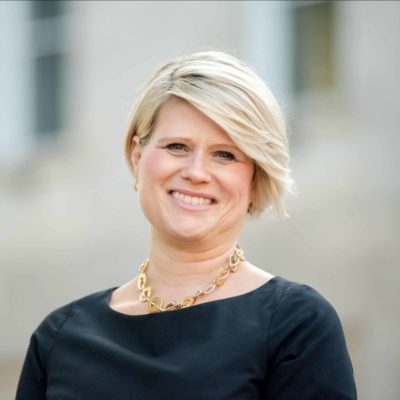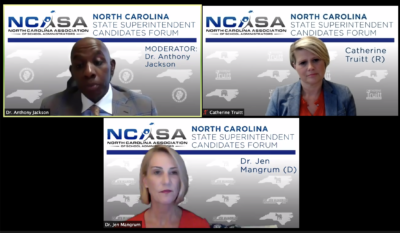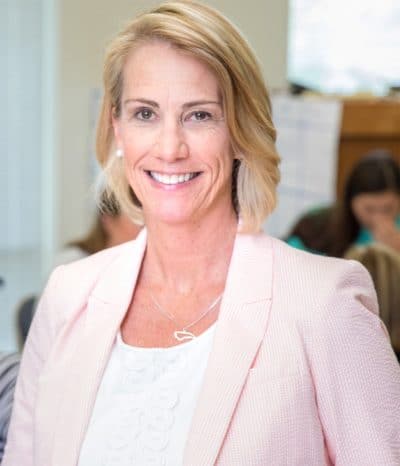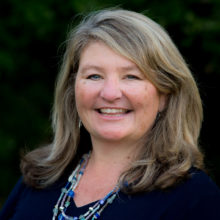
The following is Mary Ann Wolf’s “Final Word” from the Oct. 3, 2020 broadcast of Education Matters — “A discussion with the N.C. Superintendent of Public Instruction candidates.”
Elections matter and we appreciated the opportunity to hear from Dr. Jen Mangrum and Catherine Truitt, the Democratic and Republican candidates for state superintendent. We are grateful to them for taking time to speak with us and for running for statewide office. Our democracy needs more than ever public servants who are committed to serving in challenging yet incredibly important leadership roles. It’s a significant undertaking to run for office.
Speaking of running for office, we as North Carolinians have a critical role to play right now, as well — and that’s making sure each of us has a plan to vote in this fast-approaching election. We are fortunate in this great state to have multiple ways to safely vote this year, including taking advantage of mail-in absentee voting, early voting at designated sites and voting on Election Day, Nov. 3, at your local polling place.
Related Reading

Here in North Carolina, if you haven’t registered to vote, you still have some time — the deadline is Friday, Oct. 9. You can register online, in person or by mail if it’s postmarked by Oct. 9. There are also processes in place for same-day registration if you miss that deadline. And once you are registered, in many locales across the state, you can early vote between Oct. 15 through the 31st. To learn more about voting in this election and to download a sample ballot so you can research the candidates in advance, visit the NC State Board of Elections website here.
One of the topics we discussed with the candidates vying to lead the state Department of Public Instruction is the importance of investing in our state’s public schools. North Carolina has a constitutional obligation to ensure every child has access to a sound basic education — and throughout the decades that the landmark Leandro case has spanned, multiple court decisions have found that this constitutional right has been denied to our children for far too long. Much of what has impeded our children’s ability to benefit from a sound basic education is tied to a lack of resources.
The harm that has resulted from this lack of resources can be seen in the connection between a lesser-qualified teaching workforce that we have today than what it was more than a decade ago along with the overall disinvestments we have witnessed in teacher preparation, salaries, and professional development over time.
It can also be seen in the disinvestments we have made over the past five years to school turnaround efforts for our lowest-achieving schools and districts, the Leandro case’s recent WestEd report into major needs of North Carolina’s public education system found. These are just a couple of examples of critical resources our state’s leaders are required to address and fortify — and as quickly as possible.
Last month, Judge David Lee, who now oversees the Leandro case, signed a consent order that details the first steps in an action plan that would ensure our state finally meets our constitutional obligation. The plan lays out minimum investments in educator preparation and compensation, high-quality early childhood education programs, turnaround strategies for low-wealth schools and districts, postsecondary counseling services for students in low-wealth districts, and a finance model that is modified to address adequacy, equity, and efficiency in how public dollars are spent on our schools.
Judge Lee made clear as he signed this order that our state must press forward toward ensuring our children have equitable access to a high-quality education — even as together we face unexpected mountains to climb thanks to COVID-19.
The timeliness and importance of this action plan cannot be understated, and these investments will ultimately serve to take important steps towards addressing the systemic inequities that exist for so many of our students — especially students of color and low-income students.
I appreciated hearing from both candidates about their support for areas of focus in the Leandro plan.
Recommended reading



